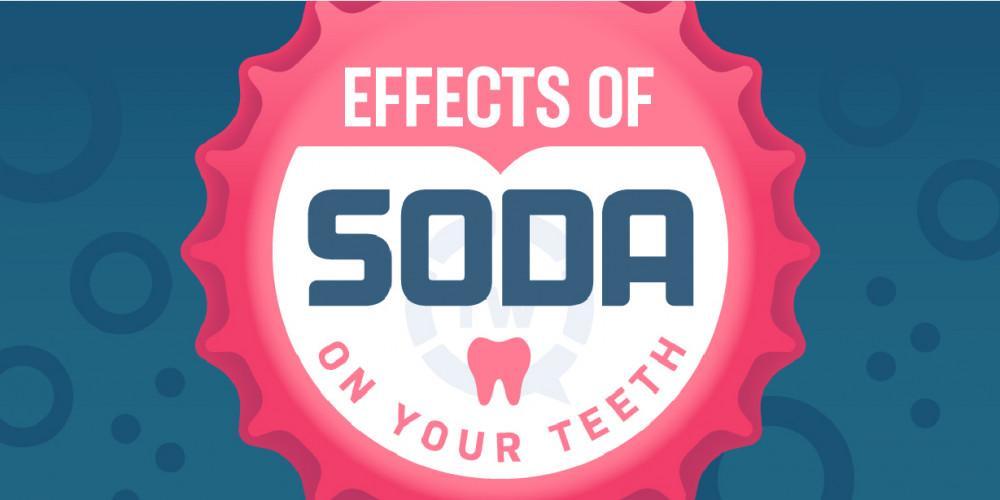
6 Tips for Overcoming Dental Anxiety

You've ridden the Goliath at Magic Mountain more than a dozen times, easily ace Hangman Man's Hallow at Mammoth, and even had a pet snake as a kid. But when it comes to the dentist you turn into a bundle of nerves, sweating, tossing and turning in bed all through the night before your appointment.
Rest assured, you’re not alone. In fact, an estimated 40 million Americans - including both children and adults - that’s about 15% of the country’s population - avoid the dentist because of anxiety and outright fear. Doing so increases the risk of developing gum disease that can lead to early tooth loss and other complications, not to mention the need for more invasive and costlier treatments.
Routine cleanings and preventive measures like fluoride treatments and X-rays are your best defense against oral health issues. Also, having your teeth examined routinely enables me to detect potential issues in their earliest most easily-treated stage.
Here at ProDent Care in Glendale, California, I’ve helped many patients overcome their fear of the dental chair with the following list of tips. I’m confident they can work for you too.
- The equipment - It’s understandable to be reticent about having unfamiliar, strange, sharp objects poking around inside your mouth. I often let patients, especially children, hold and check out my tools to become familiar with them.
- The right dentist - It sounds intuitive, but take the time to find a dentist you’re comfortable with. I always say, look for humor. Studies that show humor can reduce dental fear. You also want someone who understands your anxiety and is willing to take the time to explain procedures and answer all your questions.
- Noises - Those loud, screeching and scraping noises, admittedly, can sound ominous. If you’re sensitive to sound, I highly recommend wearing a pair of noise-canceling earplugs. The quiet they provide can reduce anxiety. Many patients also enjoy listening to music on their iPod of iPhone and headphones.
- Nose-breathing - Do you have trouble breathing through your nose? There are a variety of medical issues people suffer from that make this an issue when it comes to seeing a dentist. During procedures like cleanings or a fluoride treatment, you need to breathe through your nose, sometimes for an extended period. If this is difficult for you, try this pro tip: wear a nasal strip. Yes, the same ones sold at the drugstore to prevent snoring.
- Relaxing - Figure out what helps you relax. Some patients find practicing deep breathing exercises or yoga before coming to the office is helpful. Here again, listening to something distracting on your headphones is a great idea, either soothing music, an audible book, or a podcast.
- Get comfortable - If you have back, neck or shoulder issues, sitting in the dentist’s chair for an entire appointment can be challenging enough. I like to customize the seating position for my patients, sometimes using pillows or blankets. Don’t hesitate to speak up if you’re not physically comfortable.
Dental anxiety may be common, but it’s also well worth conquering. Not only are you putting the health of your teeth at gums at risk, but the aesthetics of your smile can suffer too.
You Might Also Enjoy...


Understanding the Five Stages of Tooth Decay

Kicking the Tobacco Habit is Good for your Mouth

What to Do When You Crack a Tooth

What is Plaque?


